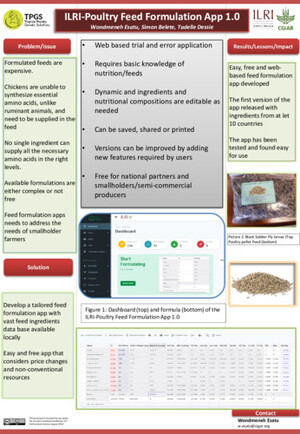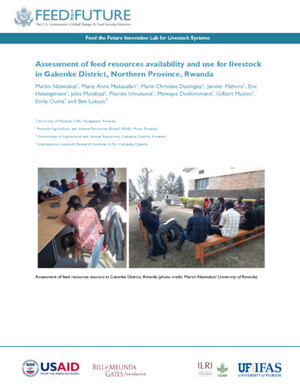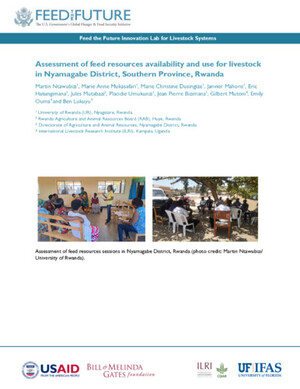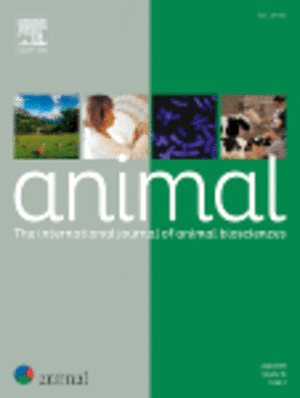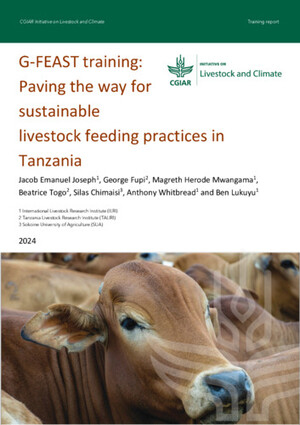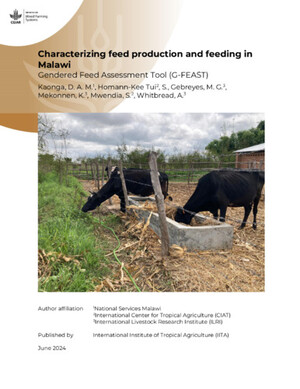
Determinants and impact of adopting climate-smart brachiaria grass among dairy farmers in Kenya
Abstract
Evolving changes such as population growth, urbanisation and a growing middle-income class in Africa are redefining the agro-food systems. Population growth is expected to double the demand for milk and meat products in Africa by 2050. This raises concerns on the capability of African countries to meet the projected demand. It is imperative that farmers seize the opportunities for earning higher and stable income by responding to the new trends and overcoming the constraints tightened by climate change. Access to quality fodder has continued to be the single most important challenge in livestock production systems. The objective of this article is to evaluate the impact of climate-smart Brachiaria on feed sufficiency and milk productivity in dairy production in Kenya. A random sample of 237 farmers, 111 adopters and 126 non-adopters of Brachiaria was selected in Makueni
and Siaya using multi-stage sampling. Data was collected through face to face interviews and Propensity score-matching approach was then employed to evaluate the impact of Brachiaria grass on feed sufficiency and milk productivity. In this study, non-adopters of Brachiaria were farmers who were using Napier grass as their source of fodder. The findings reveal that adoption of Brachiaria increases milk production by about 27.6%. This translates to an average increase of about 3 litres daily per animal. Adoption of Brachiaria consequently increases feed sufficiency measured by time spent in feed related activities by the primary woman in a household by 31.6%. Adopters of Brachiaria spend 2 hours less in sourcing and preparing feed in dry seasons. The surplus milk implies more income for the household, improved nutrition from milk consumption and improved wealth status of household. Results on feed sufficiency imply that Brachiaria offers an alternative sustainable source of fodder in fodder scarce periods and releases the burden on women in feed related activities. There is also an improvement in the welfare of families. The study concludes that policies and efforts aimed at increasing widespread adoption should address factors that influence adoption. We recommend increasing extension and training on climate-smart fodder and strengthening collective institutions such as farmer groups for sustainable livestock production.
Citation
Maina, K., Ritho, C., Lukuyu, B. and Rao, J. 2019. Determinants and impact of adopting climate-smart brachiaria grass among dairy farmers in Kenya. Paper presented at the Tropentag 2019 Conference on “Filling gaps and removing traps for sustainable resource management”, Kassel, Germany, 18 – 20 September 2019.





